Home » Application » Servo Motor in Printing Industry
Servo Motor in Printing Industry
In the dynamic landscape of modern industry, technological advancements play a pivotal role in enhancing efficiency and precision. In addition to servo motor used in medical industry, the printing industry is no exception, as it continually adopts cutting-edge technologies to improve its processes. One such technological marvel that has revolutionized the printing sector is the servo motor. This article explores the significant impact of servo motors in the printing industry, delving into their applications, benefits, and the overall transformation they bring to this crucial sector.
Servo motors are highly sophisticated devices designed to provide precise control over the movement of mechanical components. Unlike traditional motors, servo motors operate in a closed-loop system, constantly receiving feedback about their position, speed, and direction. This closed-loop mechanism allows for unparalleled accuracy and responsiveness, making servo motors ideal for applications where precision is paramount.
Applications of Servo Motors in Printing:
1. Print Head Positioning.

One of the key applications of servo motors in the printing industry is in print head positioning. Servo motors enable precise control of the print head's movement, ensuring accurate placement of ink droplets on the printing substrate. This level of precision is especially crucial in high-resolution printing, where even minor deviations can result in compromised print quality.
2. Web Tension Control.

In web-fed printing processes, maintaining proper tension in the printing substrate (paper, film, etc.) is essential for preventing defects and ensuring uniform print quality. Servo motors play a vital role in web tension control by adjusting the speed of various components in real-time. This capability enhances the overall stability of the printing process, leading to higher efficiency and reduced waste.
3. Registration Control.

Achieving precise color registration is critical in multi-color printing. Servo motors contribute significantly to registration control by accurately aligning different color plates and ensuring that each color is applied exactly where it is intended. This capability minimizes color registration errors, resulting in sharper and more vibrant prints.
Advantages of Servo Motors in Printing:
Servo motors are highly sophisticated devices designed to provide precise control over the movement of mechanical components. Unlike traditional motors, servo motors operate in a closed-loop system, constantly receiving feedback about their position, speed, and direction. This closed-loop mechanism allows for unparalleled accuracy and responsiveness, making servo motors ideal for applications where precision is paramount.
Applications of Servo Motors in Printing:
1. Print Head Positioning.

One of the key applications of servo motors in the printing industry is in print head positioning. Servo motors enable precise control of the print head's movement, ensuring accurate placement of ink droplets on the printing substrate. This level of precision is especially crucial in high-resolution printing, where even minor deviations can result in compromised print quality.
2. Web Tension Control.

In web-fed printing processes, maintaining proper tension in the printing substrate (paper, film, etc.) is essential for preventing defects and ensuring uniform print quality. Servo motors play a vital role in web tension control by adjusting the speed of various components in real-time. This capability enhances the overall stability of the printing process, leading to higher efficiency and reduced waste.
3. Registration Control.

Achieving precise color registration is critical in multi-color printing. Servo motors contribute significantly to registration control by accurately aligning different color plates and ensuring that each color is applied exactly where it is intended. This capability minimizes color registration errors, resulting in sharper and more vibrant prints.
Advantages of Servo Motors in Printing:
- Precision and Accuracy. The primary advantage of servo motors in the printing industry is their exceptional precision and accuracy. The closed-loop system allows for real-time adjustments, ensuring that every movement is precisely controlled. This level of accuracy translates to higher print quality and consistency, meeting the stringent demands of modern printing applications.
- Speed and Efficiency. Servo motors are known for their high-speed capabilities and rapid response times. In the fast-paced printing industry, where production speed is a critical factor, the speed and efficiency of servo motors contribute to increased throughput without compromising quality. This results in higher productivity and reduced production times.
- Versatility. Servo motors are highly versatile and adaptable to various printing processes and equipment. Whether used in offset or digital printing, servo motors can be integrated seamlessly, providing a common platform for automation and control. This versatility makes them a preferred choice for printing industry professionals seeking flexible and scalable solutions.
Post a Comment:
You may also like:
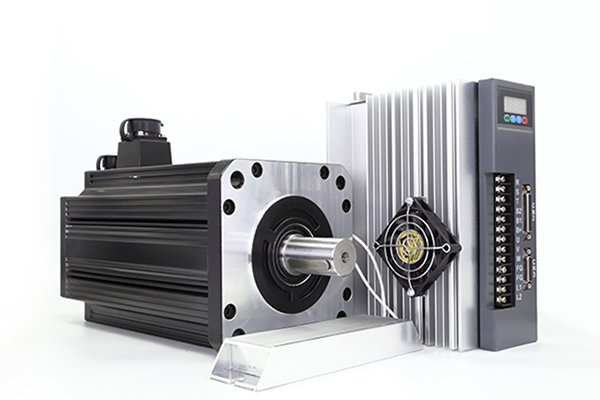
Category
Featured Articles
Servo Motor in Medical Industry
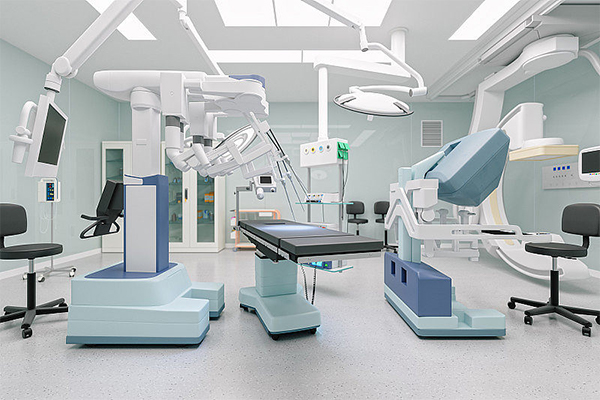 With the continuous development of technology, servo motors are being used more and more widely in medical equipment. Servo ...
With the continuous development of technology, servo motors are being used more and more widely in medical equipment. Servo ...
 With the continuous development of technology, servo motors are being used more and more widely in medical equipment. Servo ...
With the continuous development of technology, servo motors are being used more and more widely in medical equipment. Servo ...Servo System in CNC Machine Tools
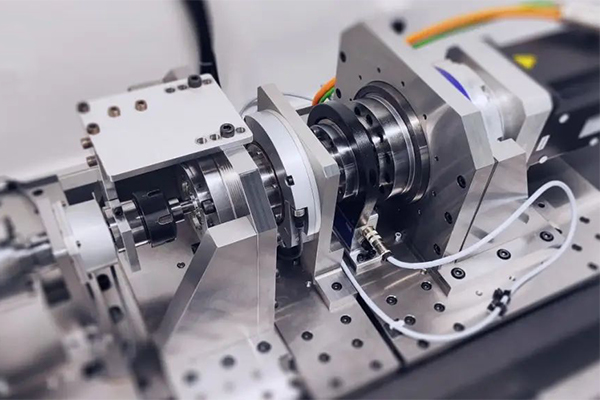 As the actuator of CNC machine tools, servo system integrates power electronics, control, drive and protection, and with the ...
As the actuator of CNC machine tools, servo system integrates power electronics, control, drive and protection, and with the ...
 As the actuator of CNC machine tools, servo system integrates power electronics, control, drive and protection, and with the ...
As the actuator of CNC machine tools, servo system integrates power electronics, control, drive and protection, and with the ...Equation Derivation for Servo Motor
 In the analysis of electric servo drive motors , the equations for the motor indicates the presence of two time constants. One is ...
In the analysis of electric servo drive motors , the equations for the motor indicates the presence of two time constants. One is ...
 In the analysis of electric servo drive motors , the equations for the motor indicates the presence of two time constants. One is ...
In the analysis of electric servo drive motors , the equations for the motor indicates the presence of two time constants. One is ...Servo Drives for Electric Mobility
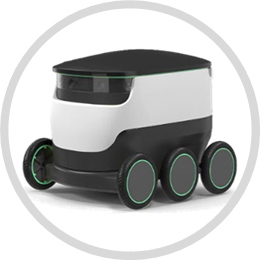 Servo drives play a crucial role in electric mobility applications, providing precise control of electric motors for various ...
Servo drives play a crucial role in electric mobility applications, providing precise control of electric motors for various ...
 Servo drives play a crucial role in electric mobility applications, providing precise control of electric motors for various ...
Servo drives play a crucial role in electric mobility applications, providing precise control of electric motors for various ...Servo Motor in Food Industry
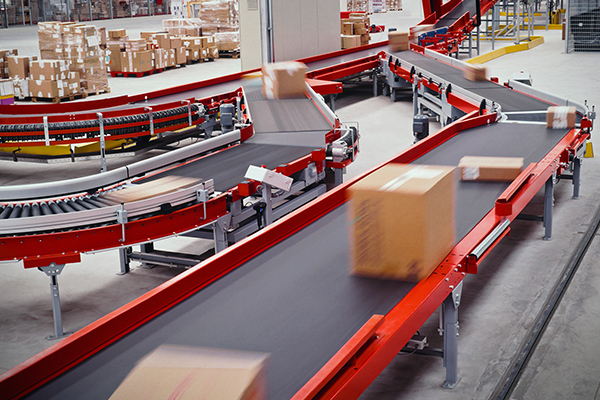 In the ever-evolving landscape of the food industry, technological advancements play a pivotal role in enhancing efficiency, ...
In the ever-evolving landscape of the food industry, technological advancements play a pivotal role in enhancing efficiency, ...
 In the ever-evolving landscape of the food industry, technological advancements play a pivotal role in enhancing efficiency, ...
In the ever-evolving landscape of the food industry, technological advancements play a pivotal role in enhancing efficiency, ...